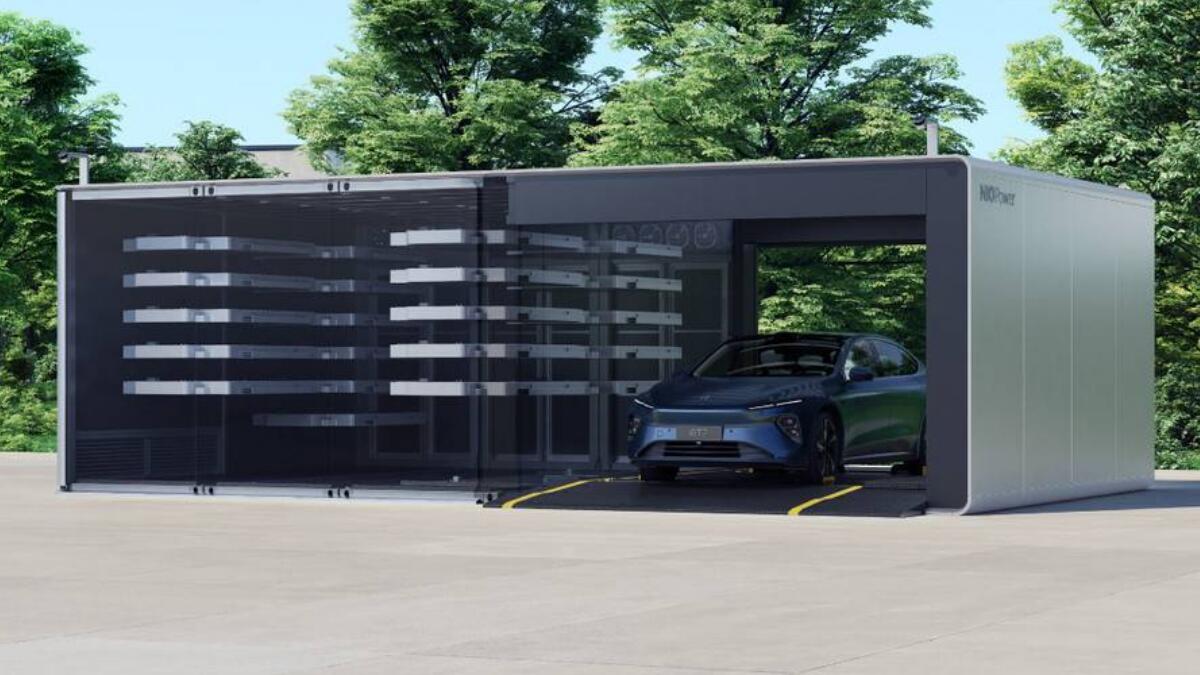The new ES8 was launched in December 2022 and currently has a starting price of about $68,900 including the battery.

(Image credit: Nio)
Nio (NYSE: NIO) has begun deliveries of the new ES8 in China, having only allowed customers to lock in orders for the flagship SUV earlier today.
Deliveries of the new ES8 have officially kicked off, Nio announced on Weibo this afternoon.
The electric vehicle (EV) maker did not provide more information, including the number of first deliveries of the new ES8.

Nio launched the new ES8 on Nio Day 2022, December 24, 2022, as its first production vehicle transitions to the latest NT 2.0 platform.
The model is offered in three versions – regular version, Executive Edition, and Signature Edition -- and after price adjustments over the past few months, they now start at RMB 498,000 ($68,900), RMB 518,000, and RMB 598,000, respectively, including the battery.
If customers choose to purchase the car using the BaaS (battery as a service) plan, the starting prices for the three versions are RMB 428,000, RMB 448,000 and RMB 470,000 respectively, with the monthly battery rental cost starting at RMB 980.

It's worth noting that as Nio's highest-priced model, the new ES8 is unlikely to contribute much in terms of sales, even though it is one of the best models in its market.
In May, retail sales of models priced above RMB 400,000 in China were 53,000 units, accounting for just 3 percent of all passenger car sales of 1.74 million units, according to the China Passenger Car Association (CPCA).
Prior to the launch of the new ES8, its predecessor saw its highest sales ever in December 2021 at 2,782 units, contributing 26.5 percent of Nio's total sales of 10,489 units for the month, according to data monitored by CnEVPost.

Nio ES8 sales have been below 2,000 units since January 2022, with the less expensive ES6 contributing the bulk of sales in most months.
Nio launched the new ES6 on May 24, with a current starting price of RMB 338,000 including the battery. Deliveries of the new ES6 began on launch night.
When the EV maker reported first-quarter earnings on June 9, it guided for second-quarter deliveries of between 23,000 and 25,000 vehicles, meaning it expects to deliver 10,187-12,187 vehicles in June.
Nio sold 3,200 units last week and 8,000 from June 1 to June 25, according to figures shared yesterday by its local counterpart Li Auto.
($1 = RMB 7.2274)
NIO's new order intake hits year-to-date high with launch of new ES6, Morgan Stanley says


The post Nio begins delivery of new ES8 in China appeared first on CnEVPost.
For more articles, please visit CnEVPost.




















